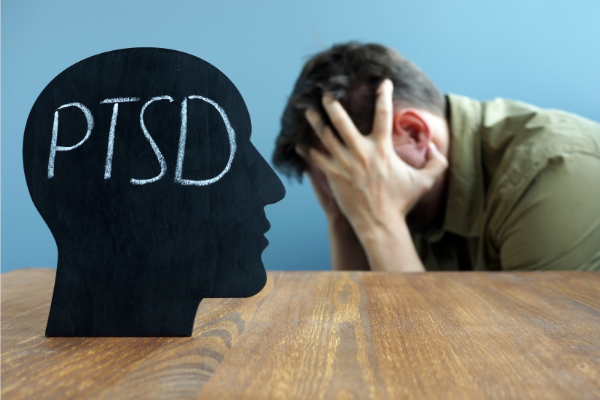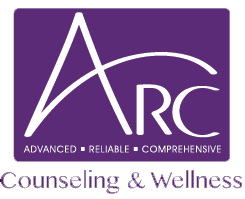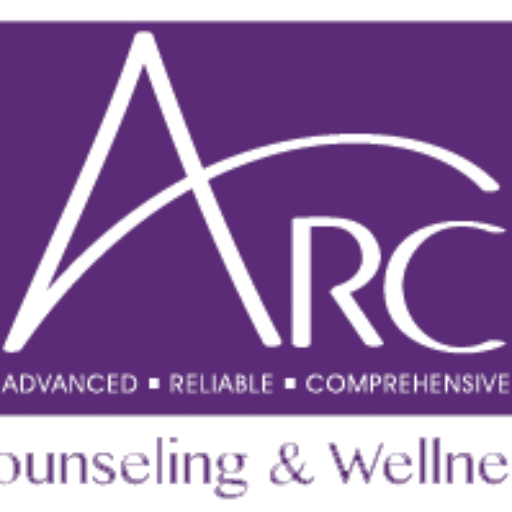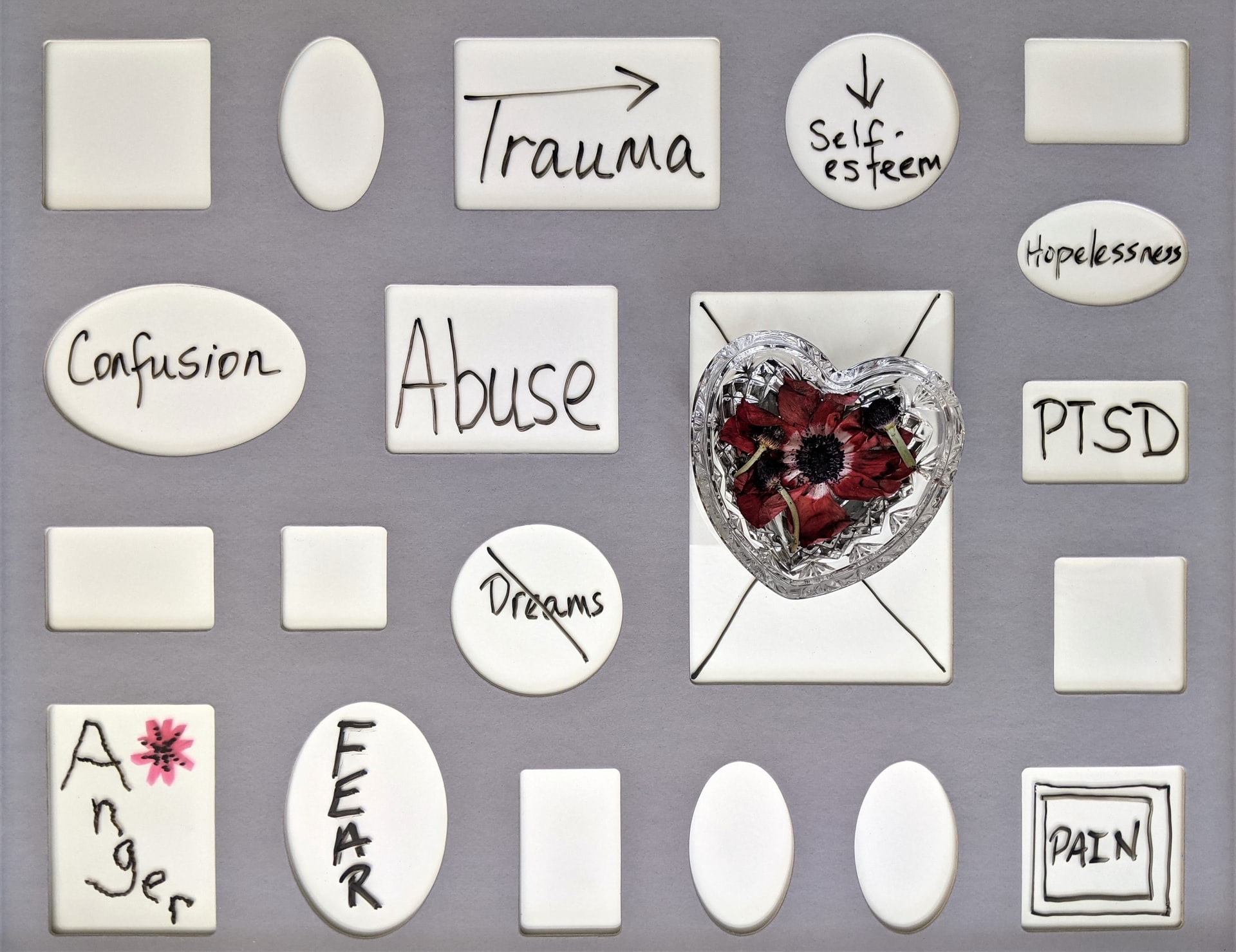PTSD: Different Types of Post Traumatic Stress & How You Can Cope

Types of PTSD
Although PTSD sufferers have all dealt with trauma and feel many of the same symptoms, the disorder can be categorized into four different subcategories of “PTSD.” These subtypes have slightly different causes and effects.
Uncomplicated PTSD:
Many consider this the easiest form of PTSD to treat because it comes from experiencing one single traumatic event. The symptoms may include recurring nightmares and flashbacks of the event as well as mood changes that affect your relationships. Therapeutic treatment can focus on this one incident using cognitive behavior therapy to help retrain the thinking that goes with the event or EMDR (several of our providers are trained in EMDR) which has been widely proved as a major treatment option for trauma.
Complex PTSD:
This form of PTSD is what we think of with war veterans or first responders who have experienced years of recurring or ongoing traumatic events. This form is caused by multiple events, not just one, making it harder to treat. Because of this, those who suffer from it often have stronger symptoms such as aggression, rage, impulsivity, or substance abuse. Those with complex PTSD might also be diagnosed with borderline personality disorders or dissociative disorders though these diagnosis are more likely to be assigned when the ongoing trauma was experienced during childhood.
Comorbid PTSD:
Comorbidity is when someone suffers from more than one disorder or medical condition. Comorbid PTSD affects those who suffer from other conditions alongside their PTSD. This is extremely common as PTSD can cause disorders such as depression, substance abuse, or social anxiety. It is also the most common because of the lack of treatment people with PTSD receive. It is not uncommon for those struggling with symptoms of PTSD to self-medicate in unsafe or unhealthy ways. Symptoms of comorbid PTSD are the same as other forms of PTSD but paired with symptoms of substance abuse, anxiety, depression, or other common disorders that develop with PTSD.
Dissociative PTSD:
This form of PTSD affects people who have a natural dissociative reaction to trauma stimuli. People who react this way towards experienced trauma, will develop dissociative symptoms in addition to developing PTSD. This may include experiences of depersonalization and derealization which if you don’t know what’s happening can be highly disturbing. Often those who develop dissociative PTSD have had early childhood trauma. This form of PTSD also has very high comorbidity with depression, substance abuse and/or personality disorders as well.
Did you know that birthing people may also experience PTSD called Postpartum PTSD? There are many possible traumas and perceived traumas that birthing people can experience such as a loss, emergency C-section, unplanned changes to the birthing process, an unexpected hysterectomy, or severe perineal trauma to name a few. Additionally, the experience of birth can trigger past traumas to resurface and those with past trauma are more likely to suffer with Postpartum PTSD. Approximately 9% of women experience Postpartum PTSD.
What do you do if you or a loved one is suffering from PTSD?
PTSD is a disorder that often goes undiagnosed and untreated. The first and most important part of managing mental illnesses is recognizing them and their symptoms. If you or someone you know deals with many of the symptoms detailed in this post, please don’t ignore the signs. You don’t need to live with and suffer from the effects of your trauma forever; you can heal from it and overcome your trauma.
PTSD can be treated through therapy, medication, or both. If therapy and medication don’t feel like proper next steps just yet, simply educating and informing yourself and those around you about the disorder can be an effective way to cope. Joining PTSD support groups and having a good personal support group around you is also helpful in minimizing the negative symptoms that can come from PTSD. With any mental illness, simply practicing self-care and self-love and surrounding yourself with supportive friends and family can be a great help until you are ready and able to seek clinical treatment.




